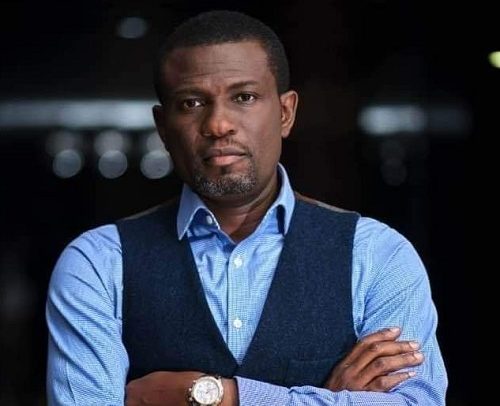Mark Okraku-Mantey
Former Deputy Minister of Tourism, Culture and Creative Arts, Mark Okraku-Mantey, has publicly questioned the Mahama-led administration’s silence over the much-anticipated fashion event that failed to materialise in July.
In an interview on Hitz FM on August 4, Okraku-Mantey recalled a promise made by President John Dramani Mahama during the May 2025 launch of the Black Star Experience, where the President confidently announced that Ghana Fashion Week would take place in July. He even pledged to grace the catwalk himself during the event.
However, as July has come and gone without the event taking place or any official communication regarding its postponement, Okraku-Mantey has expressed concern over what he views as a conspicuous silence from both government and industry stakeholders.
“We were promised a fashion show in July by President Mahama, and he was going to walk the catwalk himself. July is past, and we are in August. Nobody is talking,” he stated.
Okraku-Mantey further questioned the lack of public scrutiny, contrasting the current reaction to how he was treated during his time in office.
“If Mark Okraku-Mantey were to be in office, there would be noise everywhere. But it’s not Mark Okraku-Mantey who’s in office, so everything is fine,” he said, suggesting a bias in public accountability depending on who is in leadership.
The former Deputy Minister also commented on the recent candlelight vigil held in honour of highlife icon Daddy Lumba. While acknowledging the event’s cultural significance, he questioned its contribution to the broader tourism agenda.
“Did people come from other parts of the country to join? And what was that in tourism? It is funeral tourism,” he remarked.
Okraku-Mantey has been a long-time advocate of “funeral tourism,” a concept he first introduced in 2021 to promote domestic tourism through Ghana’s elaborate funeral traditions. Despite sparking national debate and some criticism from stakeholders, the idea has remained a talking point in conversations around regional economic development—especially in the Ashanti Region.


